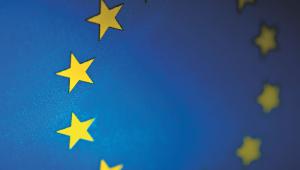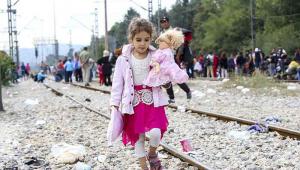This comes as the European Union introduced tariffs on €2.8bn worth of US goods on Friday in an attack on president Trump’s trade policy.
China has also threatened to raise the price of US imports to its country. India has already introduced tariffs on certain US imports.
Dame DeAnne Julius, chair of University College London and senior adviser at Chatham House, said at a London conference: “What keeps me awake at night is populism.”
She added that there is “no easy solution” to the rise of the “movement”, which is leading to trade wars.
When asked if escalation would make the trade war worse and encourage populism, Julius said: “We have to remember who we are dealing with.
“When you are dealing with a bully, you have to stand up – and this is the situation that we are in.”
“I’m afraid it is one of those things where we do have to stand up, in the short-term,” in hope that we can stop the problem, Julius said at the Chatham House London conference on Thursday.
She added that she thought China was “very right” to say they would hit back and that the EU should do the same.
The EU tariffs have been imposed on products such as bourbon whiskey, motorcycles and orange juice.
India put tariffs on imports from the US, such as walnuts, phosphoric acid and apples.
China has threatened to hit 659 US products worth $50bn, including agricultural products, cars and marine products after Trump confirmed the US would impose 25% tariffs on $50bn worth of Chinese goods.
The Trump administration announced in March that it would introduce tariffs on steel and aluminium imported into the US.
After initially being deferred, the duties went ahead on 1 June and affect the EU, Canada, Mexico and other close US allies, such as India.
Su Ge, chairman of the China National Committee for Pacific Economic Cooperation, said during the session at the Chatham House London conference that to ensure the global economy is sustainable, countries need to work together towards peace and development with an inclusive approach for “win-win results”.
“We need to stay together,” he said, calling for multilateral cooperation to figure out “what would be the right path ahead”.







